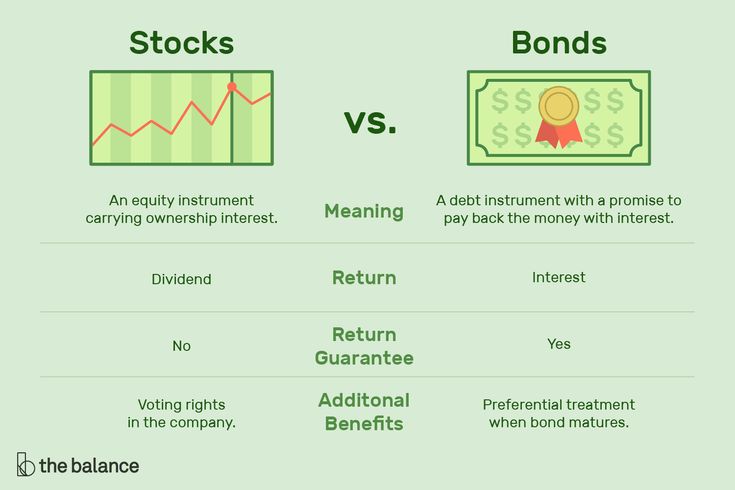Introduction
Alternative investments have gained traction as investors seek opportunities beyond traditional stocks and bonds. These investments can offer diversification, potentially higher returns, and reduced correlation with mainstream financial markets. This article explores various types of alternative investments, their benefits, risks, and considerations for investors.
Types of Alternative Investments
- Real Estate
- Residential Properties: Investing in homes, apartments, and condos for rental income or appreciation.
- Commercial Properties: Office buildings, retail spaces, and industrial properties provide rental income and potential value appreciation.
- REITs (Real Estate Investment Trusts): Publicly traded companies that own, operate, or finance real estate, offering a more liquid way to invest in real estate.
- Private Equity
- Venture Capital: Investing in early-stage startups with high growth potential. This can lead to significant returns but also carries high risk.
- Buyouts: Acquiring companies, often with the goal of improving their profitability and selling them at a higher value.
- Hedge Funds
- Long/Short Equity: Investing in long positions of undervalued stocks while shorting overvalued ones to hedge market risks.
- Global Macro: Making investment decisions based on economic and political views of entire countries or regions.
- Commodities
- Precious Metals: Gold, silver, platinum, and other metals can serve as a hedge against inflation and currency fluctuations.
- Energy: Investing in oil, natural gas, and other energy sources can provide diversification and protection against inflation.
- Agriculture: Crops and livestock offer investment opportunities, often influenced by global supply and demand dynamics.
- Cryptocurrencies
- Bitcoin and Ethereum: The most well-known cryptocurrencies, often viewed as digital gold and a platform for decentralized applications, respectively.
- Altcoins: Lesser-known cryptocurrencies that may offer higher returns but come with greater risk and volatility.
- Collectibles
- Art: Investing in paintings, sculptures, and other forms of art can provide significant returns, especially for works by renowned artists.
- Wine: Rare and fine wines can appreciate in value over time, influenced by factors such as vintage, brand, and storage conditions.
- Sports Memorabilia: Items like autographed jerseys, baseball cards, and other sports-related collectibles can be valuable, especially if linked to famous athletes or historic moments.
Benefits of Alternative Investments
- Diversification: Alternative investments often have low correlation with traditional assets like stocks and bonds, helping to reduce portfolio risk.
- Potential for High Returns: Some alternative investments, such as venture capital or real estate, can offer substantial returns, albeit with higher risk.
- Inflation Hedge: Commodities and real estate often serve as a hedge against inflation, preserving the purchasing power of invested capital.
Risks and Considerations
- Liquidity: Many alternative investments, such as private equity and real estate, can be illiquid, making it difficult to quickly sell assets without potentially affecting their value.
- Valuation: Determining the value of alternative investments can be challenging, as they often lack transparent and frequent pricing mechanisms.
- Regulation and Transparency: Alternative investments may be less regulated than traditional investments, leading to potential issues with transparency and investor protection.
- High Fees: Hedge funds, private equity, and other alternative investments can have high fees, including management fees and performance-based fees.
Conclusion
Alternative investments can play a crucial role in a diversified investment portfolio, offering opportunities for high returns and risk mitigation. However, they come with their own set of risks and challenges. Investors should conduct thorough due diligence, understand the specific characteristics of each type of alternative investment, and consider their own risk tolerance and investment goals before venturing into this asset class. With careful planning and professional guidance, alternative investments can be a valuable addition to an investor’s strategy, helping to achieve long-term financial goals.
